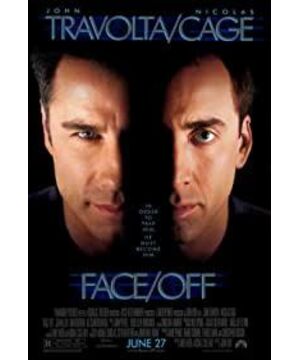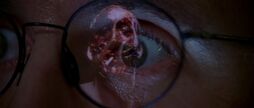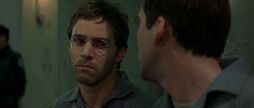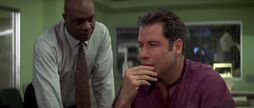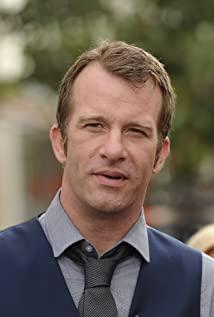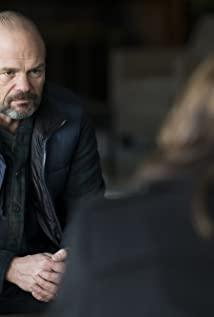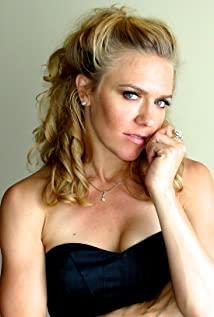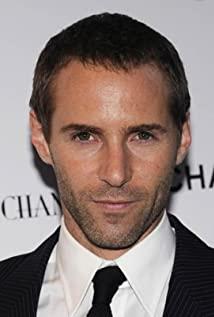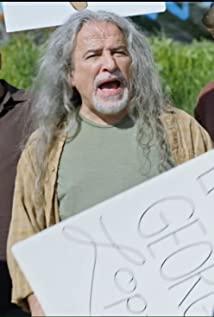One of the most emotional movies I've seen in the last few days. Woo Yusen's violent aesthetics can be said to be reflected most vividly in this film. Just like in Two Heroes, the confrontation is obvious, and even the contradiction has changed from two sides to multiple parties. The tense atmosphere of the confrontation with guns escalates in this film. In addition, the "Wu Yusen element" in the film has also been presented many times. The tranquility of the church is compared with the violent and bloody conflict, the white dove that symbolizes peace is compared with the shuttle murder bullet, and the high frame rate shooting techniques are all given to this film. Set a tense and exciting tone. John Woo's aesthetics of violence is also different from that of Quentin. Quentin's violence is more direct, with a mix of humor and ridicule. The timeline is also arranged during editing (Pulp Fiction). Compared with John Woo's "big scene" shootout, Quentin Put more emphasis on the uncomfortable behavior of being alone.
The emergence of the concept of violence aesthetics is still beyond my comprehension. It may also be that the current society is too peaceful, which leads people to have a desire for violence. It is found that the blood spurting from the carotid artery can dilate the audience's veins, and even feel it. A kind of extreme romance (Born to Kill 1994) has the coexistence of romance and weirdness, so violence is born as an aesthetic device.
There are many excellent directors of violent aesthetics, and John Woo can be said to exist as the originator. The heroic character in 1986 laid the foundation of his violent aesthetics. In 1997, Face Change was his masterpiece to break into Hollywood, bringing the concept of violent aesthetics to the world. I think Quentin is one of the famous directors influenced by it. Reservoir Dogs, Pulp Fiction Helped him establish American status, but personally think killing Bill was a bit too hard. Here we recommend Oliver stone's Natural Born Killers adapted from Quentin's works, bringing romanticism to the extreme. Japanese director Takeshi Kitano is also one of my favorite directors of violent aesthetics. Whether it is the samurai violence in Zatoichi or the police and bandit violence in fireworks, the violence of Kitano Takeshi is sudden and humorous. The violence of South Korean director Park Chan-wook's revenge trilogy is more modern, and the addition of camera movement makes the violence more "artistic".
View more about Face/Off reviews


